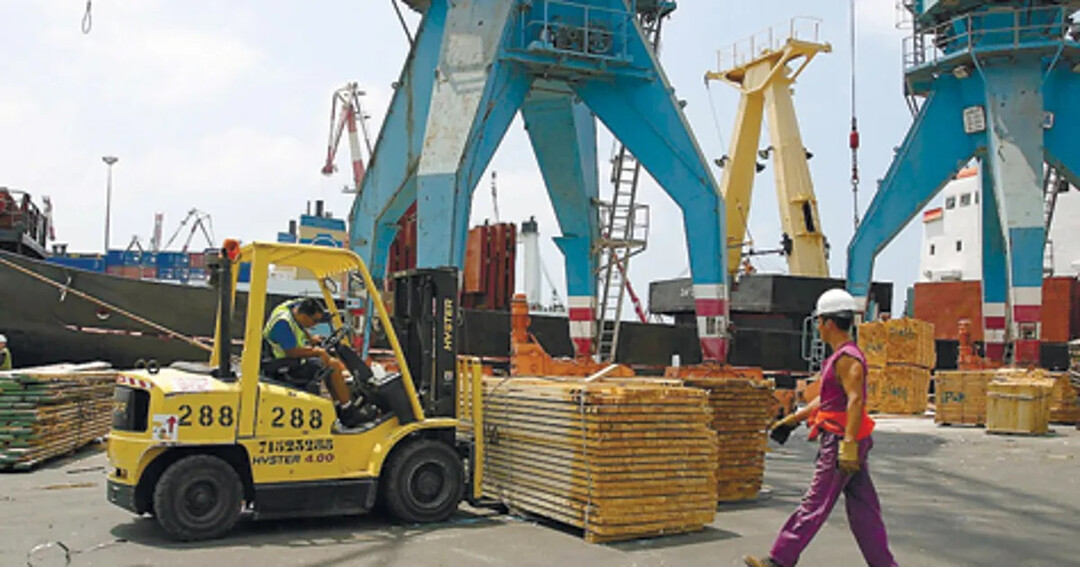
This week, a flurry of activity swept across the nation’s ports as law enforcement moved in, arresting customs and port workers amid allegations of corruption, drug trafficking, and money laundering. The initial reports painted a picture of a system riddled with illicit activity, a gateway for narcotics flowing from Latin America. However, the dramatic narrative has taken an unexpected turn, leaving more questions than answers.
In a stunning development, all those arrested have been released and returned to their positions. The reason? A technicality, or so it seems. The Public Prosecutor’s Office, it transpires, did not issue arrest warrants based on "flagrante delicto," meaning only those caught red-handed in an immediate illegal act could be detained. And while anabolic steroids and illegal weapons were found, the grander accusations of widespread corruption and drug trafficking did not meet this stringent requirement.
A judicial source, speaking to Correio da Manhã, expressed palpable frustration, highlighting the absurdity of allowing individuals suspected of serious crimes to continue working in the very locations where those crimes allegedly occurred. This situation raises profound concerns about the efficacy of our law enforcement and judicial processes.
The allegations themselves are deeply troubling. Reports suggest that these officials were turning a blind eye to massive drug shipments, allegedly accepting €1,000 per kilo in bribes. The involvement of major criminal organizations further underscores the gravity of the situation. While these claims remain to be proven, the fact that they are being made at all demands a thorough and transparent investigation.
The public deserves to know that our ports, the gateways to our nation, are secure and free from corruption. Allowing suspected individuals to continue working in these sensitive positions undermines public trust and potentially jeopardizes national security.
This incident highlights a critical need for reform. The legal system must strike a balance between respecting individual rights and ensuring public safety. The current situation suggests a disconnect, a loophole that allows suspected criminals to operate with impunity.
As the investigation continues, we must demand accountability and transparency. The integrity of our ports and the rule of law are at stake. The revolving door of justice must be closed, and those responsible for these alleged crimes must be brought to justice, regardless of their position or influence.
[Copyright (c) Global Economic Times. All Rights Reserved.]






























